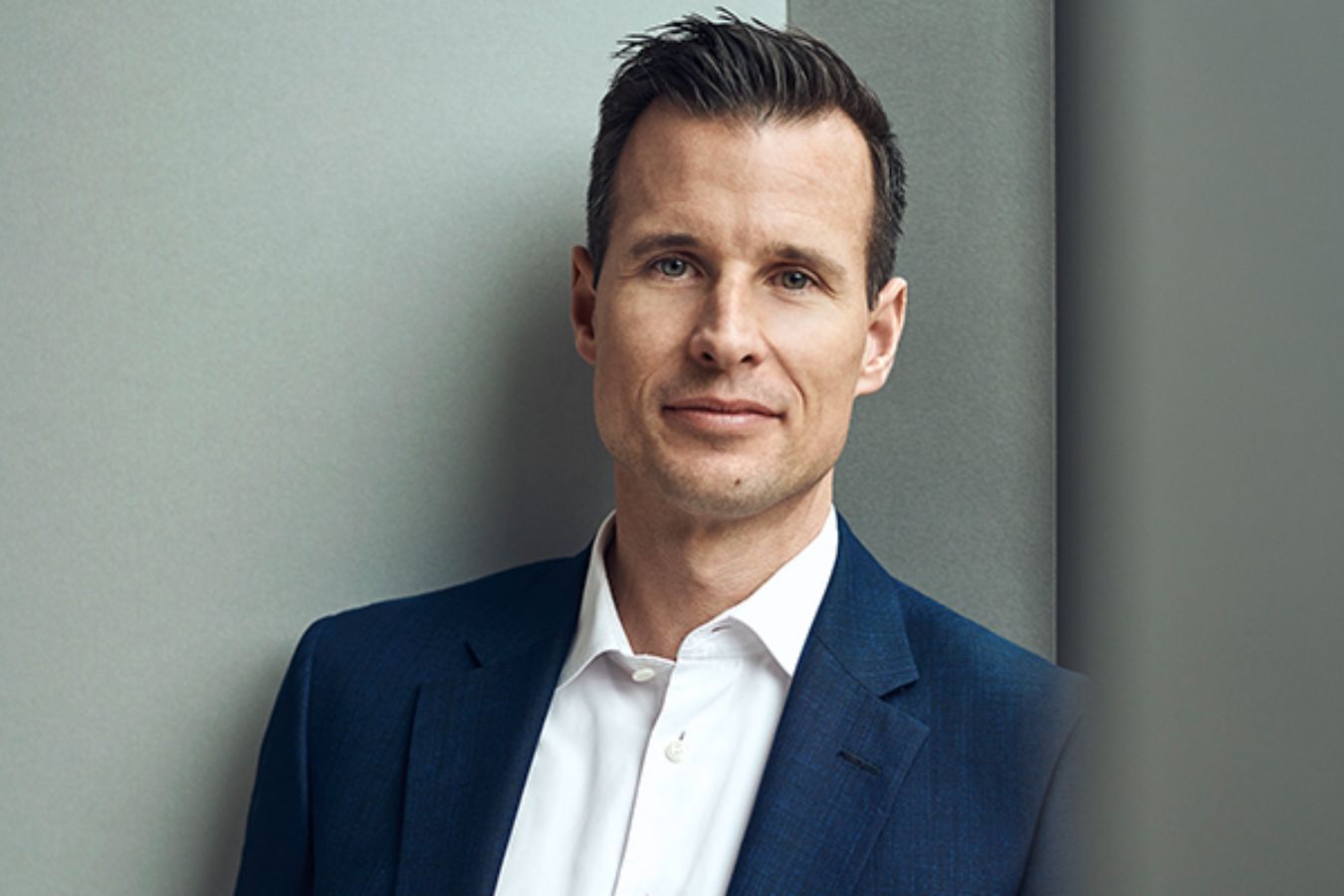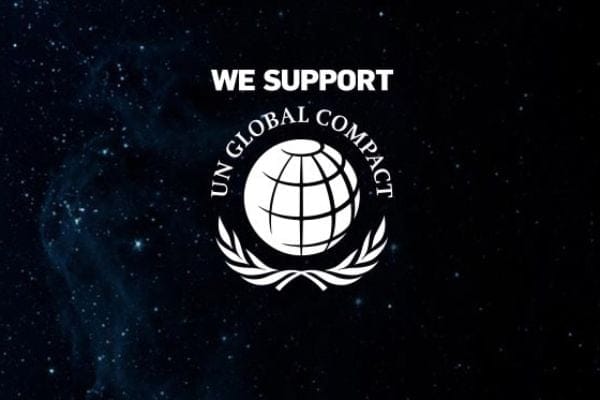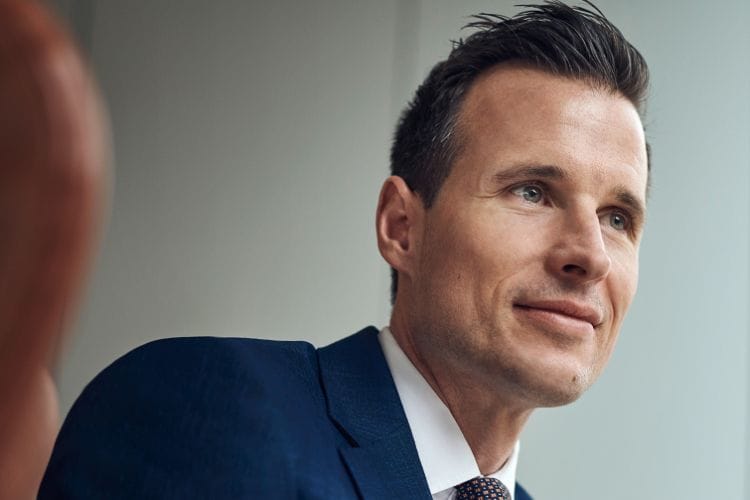
Making money and caring for the environment are not mutually exclusive. On the contrary, these are two opposites that attract each other and depend on each other, driving social and economic change. It is an economic chain reaction. The transition to a more sustainable economy waits for no one, and you are either part of the solution or part of the problem. In other words, companies that are not doing their bit are likely to face critical questions from their customers and later encounter difficulties in raising capital. This is exactly where the much-discussed idea of sustainable finance comes into play. It offers a real opportunity to change the world of finance, and the world in general, by abandoning long-established but now outmoded economic mechanisms.
Eco-social market economy
The capital market is entering a new age. We are on the cusp of a new era of corporate finance, from which the whole of society is set to benefit. Investors’ capital, for example, will play a part in achieving the climate targets set by policymakers. This is the eco-friendly version of a social market economy.
It is the famous ‘invisible hand’, as described by economist and philosopher Adam Smith in the 18th century, that ensures a coherent system. To the benefit of all. What was once relatively niche is rapidly evolving into a lucrative mainstream market. The total value of sustainable investment products worldwide was US$ 3.2 trillion in 2020, a rise of over 80 percent compared to 2019.

Top Financial Expert
Ulrich Bergmann has been the CFO of CHG-MERIDIAN since 2020. Prior to this, he worked at management consultancy KPMG for almost 20 years, the final eight of these as a partner. During this time, he audited and certified the first green bonds on behalf of banks. Sustainable finance has been close to his heart ever since.
Banks must show responsibility
Banks have a key role to play in this transition, and should do so by taking a balanced approach. While they should encourage and reward sustainability, they should not deny companies access to money. The current boom started just over eight years ago with green bonds.
Sustainability has become an important factor in the war for talent, with many companies appointing sustainability officers to develop their new strategy. We have witnessed the emergence of an entirely new mindset, and how the market is now ready for profit with purpose.
Demand is outstripping supply
Demand for sustainable finance products now outstrips supply, with funds often oversubscribed several times over. One of the reasons behind this immense pressure is the fact that, thanks to low-interest rates worldwide, there is a lot of money looking to be invested. This boom is proof that the economy is one of the drivers of a global change, but most of all it underlines that the market is quite capable of organising itself as it can react creatively to the opportunities presented by a new mindset. Too much regulation would put the brakes on the economy and, therefore, on progress.
Sustainability does not mean going without; it is a driver of growth
Ever since the Company was founded, our business model has been based on the idea of access over ownership and the principle of the circular economy. The sharing economy and the circular economy are now essential pillars of sustainable finance and are set to shape business for years to come. Which is why we are optimistic about the future, as our more than 40 years of experience give us a crucial competitive edge in this booming market. It is only natural for us to develop and implement sustainable funding strategies. And not just that, we can also combine them with defined sustainability goals. Our own history is proof that acting responsibly is no obstacle to making a healthy profit. Sustainability does not mean going without; it is a driver of growth.
Discover more

 Sustainability
The principles of the circular economy are deeply embedded in our DNA and have been shaping CHG-MERIDIAN’s business model for decades.We see ourselves as a part of society, and we play an active role through community projects and initiatives in the region.
Sustainability
The principles of the circular economy are deeply embedded in our DNA and have been shaping CHG-MERIDIAN’s business model for decades.We see ourselves as a part of society, and we play an active role through community projects and initiatives in the region.


